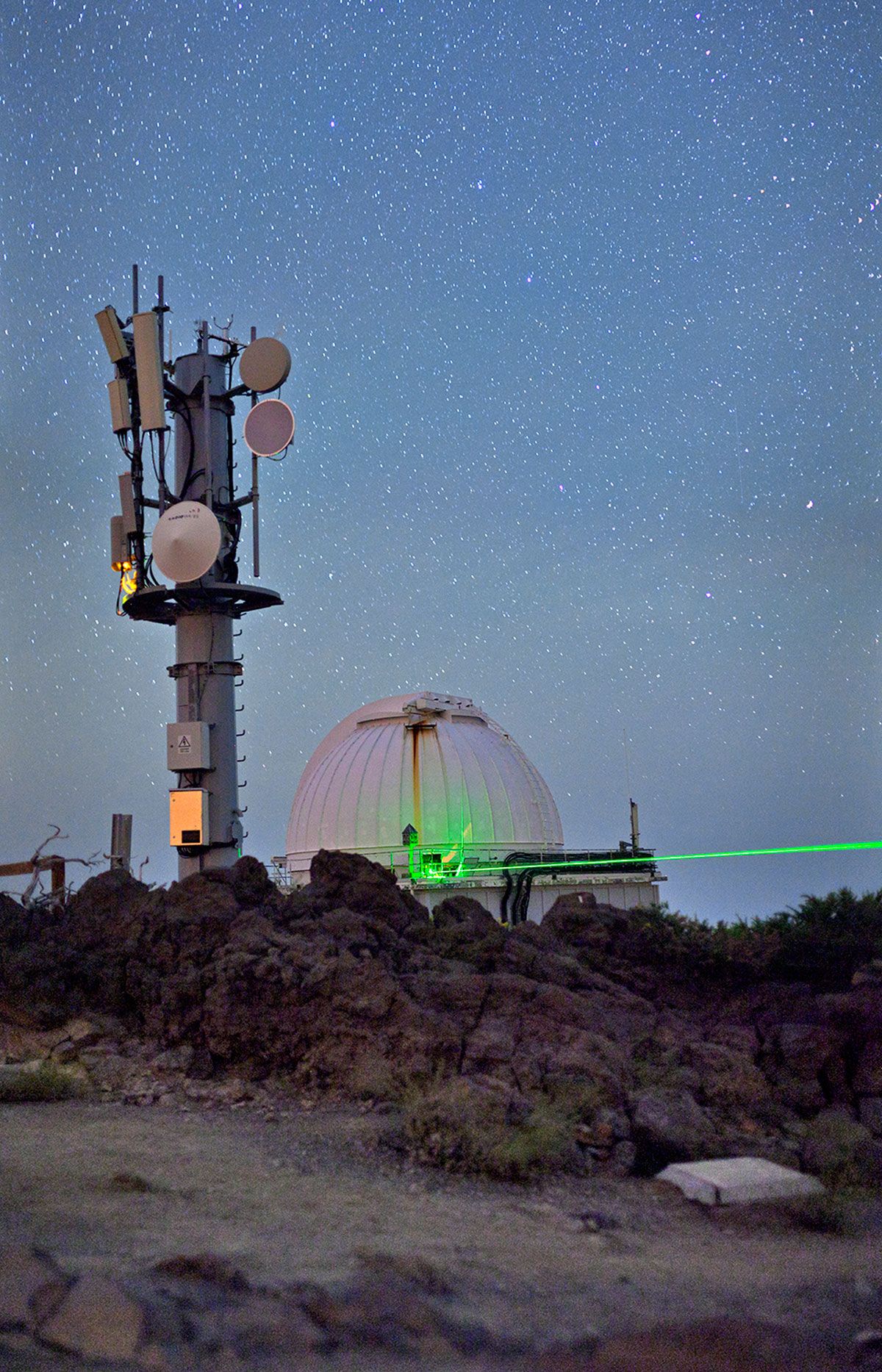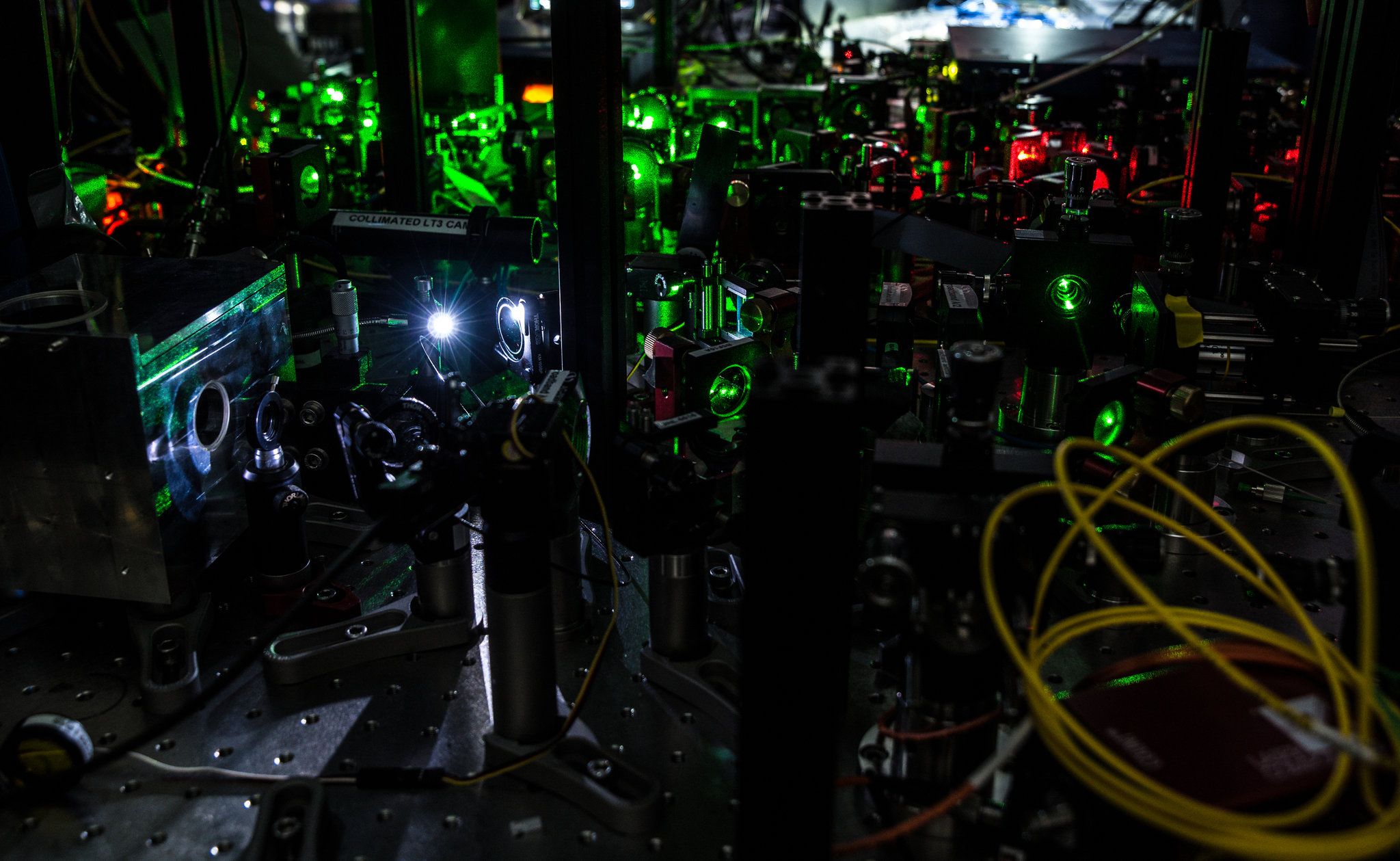Feb 3, 2016
NSA Says it “Must Act Now” Against the Quantum Computing Threat
Posted by Karen Hurst in categories: computing, encryption, privacy, quantum physics, security
NSA states it must act now against the “Quantum Computing Threat” due to hackers can possess the technology. I wrote about this on Jan 10th. Glad someone finally is taking action.
The National Security Agency is worried that quantum computers will neutralize our best encryption – but doesn’t yet know what to do about that problem.















